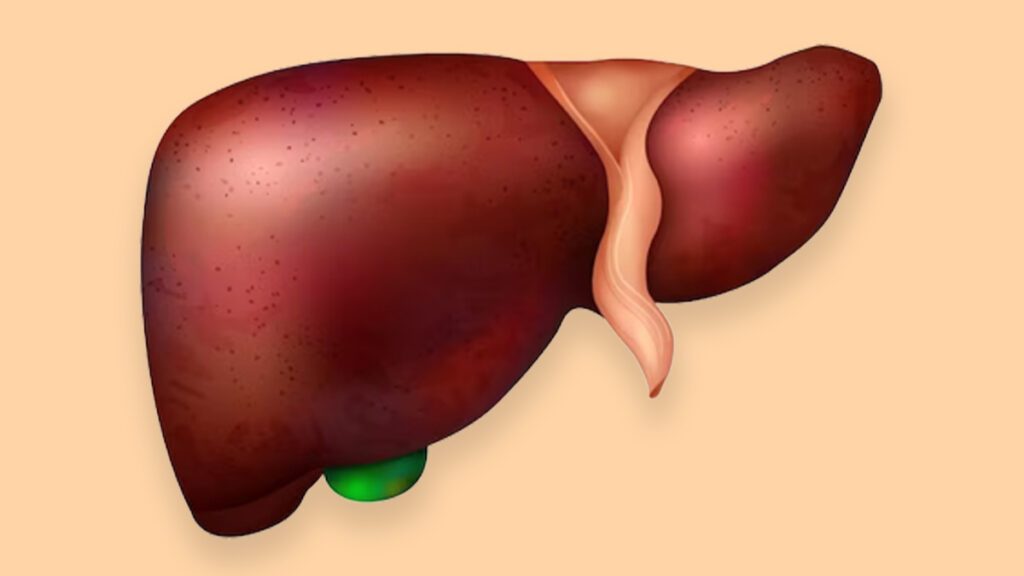5 ESSENTIAL STRATEGIES FOR DEALING WITH DIFFICULT PATIENTS AND FAMILIES IN HEALTHCARE SETTINGS
5 ESSENTIAL STRATEGIES FOR DEALING WITH DIFFICULT PATIENTS AND FAMILIES IN HEALTHCARE SETTINGS
Table of Contents
As nurses, we occasionally deal with challenging patients and their families. These people could be rude, demanding, or even hostile. Even if these situations can be difficult, we need to come up with ways to deal with them successfully. Here are a few strategies for dealing with challenging clients and family members:
Recognize the Patient’s History
It’s critical to realize that challenging conduct in patients may be caused by their underlying health issues, personalities, or past traumas. For instance, patients who are experiencing pain, anxiety, or a sense of vulnerability may act out more frequently. It is crucial that the nurse make an effort to comprehend the patient’s history and point of view in order to customize your approach.
5 ESSENTIAL STRATEGIES FOR DEALING WITH DIFFICULT PATIENTS
BE CALM AND STAY OBJECTIVE
The nurse must maintain composure and composure when working with challenging patients. This will assist you in keeping the situation under control and stop it from getting worse. It’s crucial for nurses to maintain objectivity and avoid taking patients’ and family members’ challenging behavior personally while dealing with it. Instead of getting sucked into the patient’s emotional reactions, try to concentrate on their needs and the care you are giving.
SHOW EMPATHY
One of a nurse’s vital traits is empathy. When dealing with challenging patients and their families, it is a crucial ability. Acknowledging the patient’s emotions and worries while attempting to understand the problem from their point of view is a sign of empathy. To show empathy, the nurse can say something like, “I know how you feel,” or “I’m sorry you’re going through this.”
5 ESSENTIAL STRATEGIES FOR DEALING WITH DIFFICULT PATIENTS

USE EFFECTIVE COMMUNICATION TECHNIQUES
When dealing with challenging patients and their relatives, effective communication is essential. Try your best to actively hear the patient’s or a family member’s worries. Use active listening techniques to make sure you have comprehended the patient’s concerns, such as repeating back what they have stated. The patient is encouraged to speak up and voice their worries by using open-ended questions. This will demonstrate your concern for their needs and willingness to cooperate with them.
KNOW WHEN TO SEEK HELP
Knowing when to ask for assistance from coworkers or a supervisor is crucial. Ask for help from coworkers or a supervisor if you feel overburdened or unable to handle a challenging patient or family member.
5 ESSENTIAL STRATEGIES FOR DEALING WITH DIFFICULT PATIENTS
INVOLVE THE PATIENT IN THEIR CARE
The focus of care is on the patient. Including the patient in their care and empowering them might help lessen challenging behavior. Encourage the patient to have an active role in their treatment plan and make sure to explain the rationale for any treatments or interventions. The client’s anxiety may be reduced as a result.
ALSO READ: Mentrual Cramps


 English
English 




























































































































































































